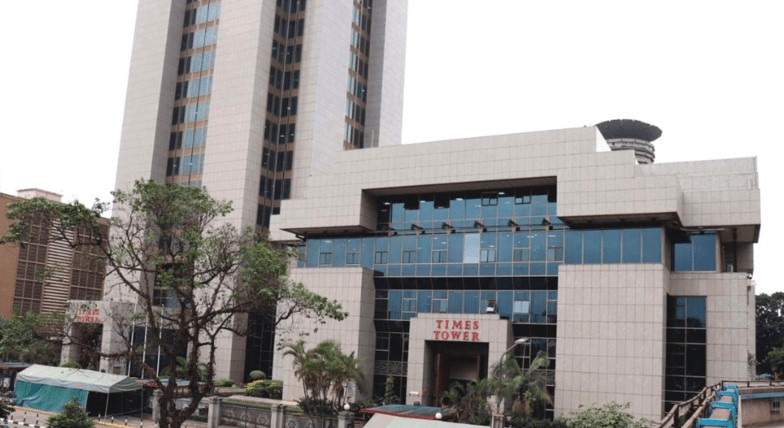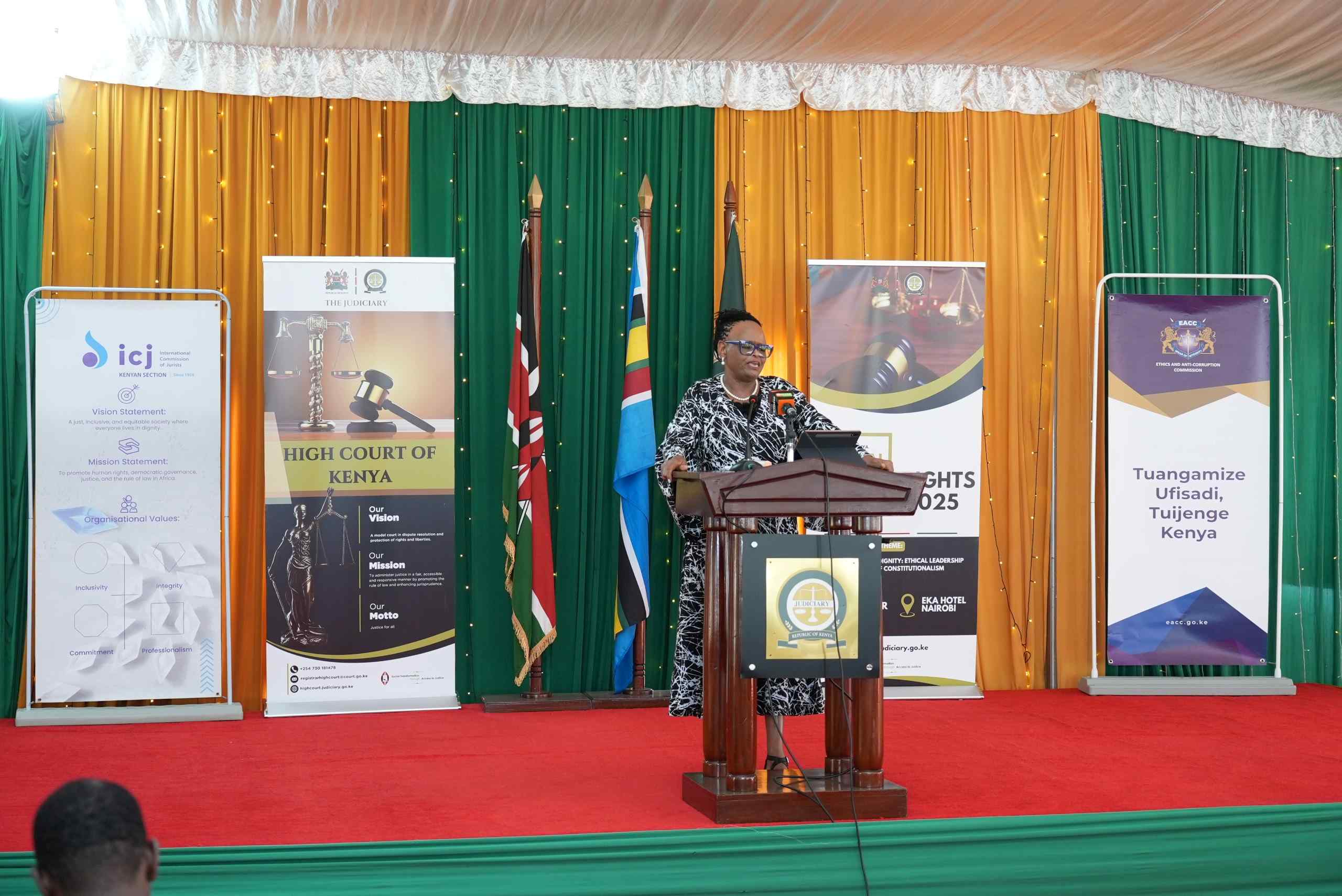KRA to deregister over 20,000 businesses for VAT non-compliance and tax evasion

Many businesses were found to be actively trading but either filed nil returns or failed to file at all.
The Kenya Revenue Authority plans to deregister more than 20,000 businesses over failure to comply with tax regulations, especially concerning false or missing VAT declarations.
The move is aimed at enforcing compliance by exerting reputational pressure on tax cheats, with the taxman warning that being named as a fraudulent business could seriously damage a company’s standing.
More To Read
- Ex-Nairobi governor Sonko gets relief as Tribunal directs KRA to unfreeze his bank accounts
- KRA sets December 31 deadline for fuel stations to adopt eTIMS invoicing system
- Rising charges for permits, passports push non-tax revenue to record levels
- Businesses granted 30-day relief on long-stay container charges at Mombasa port
- Meta to deduct 5 per cent tax on Kenyan creators’ earnings in 2026
- National Treasury says weak revenue, high debt repayments straining Kenya’s budget
Deputy Commissioner for Micro and Small Taxpayers Gideon Muhwa said the authority had flagged 20,981 entities for deregistration after uncovering a widespread pattern of tax delinquency.
Many businesses were found to be actively trading but either filed nil returns or failed to file at all.
“We have a real challenge with VAT as a tax head. Collections are far below expectations,” Muhwa said during a media roundtable held in Nairobi on June 10.
He revealed that of the 10,771 taxpayers who claimed VAT worth SH29.8 billion, some 2,750 repeatedly filed nil returns, costing the state Sh4.7 billion.
In a bid to name and shame non-compliant businesses, KRA has introduced a “VAT Special Table,” a digital tool listing entities flagged for non-compliance. It’s part of the effort to expose what Muhwa described as a growing culture of tax evasion disguised as formality.
Invoices worth Sh35 billion issued by nil or non-filers carried Sh5.6 billion in potential VAT, none of which was paid.
Muhwa said 120 newly VAT-registered entities had reported taxable sales of Sh11.5 billion between July 2024 and April 2025, translating to VAT worth Sh1.8 billion, but none of this reached the tax agency.
Despite VAT being charged in almost every transaction, it has dropped to the third-largest source of tax revenue, behind Pay As You Earn (PAYE) and corporate tax. Kenya’s VAT-to-GDP ratio stands at 16 per cent, well below South Africa’s 27 per cent.
“We all encounter VAT at the point of purchase, yet what is collected doesn’t match the volume of economic activity,” Muhwa observed.
KRA had earlier introduced VAT auto-population, a system that cross-checks inconsistencies between purchase and sales invoices declared in VAT returns.
The tool initially boosted collections by 17 per cent in December 2024 and 15 per cent in January 2025, but this momentum quickly faded.
By February, growth dropped to 3 per cent and slumped by 11 per cent in March. The authority blamed this on missing trader schemes, where companies submit false purchase claims using fake documents or other people’s tax credentials.
According to Muhwa, these firms exploit system loopholes to avoid paying tax while still claiming refunds or input deductions.
“So, what we did is we analysed further and noted a very peculiar phenomenon where you will have this taxpayer who is a nil filer. But they have the VAT obligation, yet they will not file, or when they do, they file a nil return,” he explained.
Further losses also came from businesses that submitted VAT returns but failed to make payments.
KRA data shows 1,832 taxpayers filed sales worth Sh9.5 billion and declared VAT of Sh1.5 billion, but did not pay.
Some entities were also caught filing unrelated invoices to manipulate the system, leading to their inclusion on the special watchlist.
Top Stories Today

















































